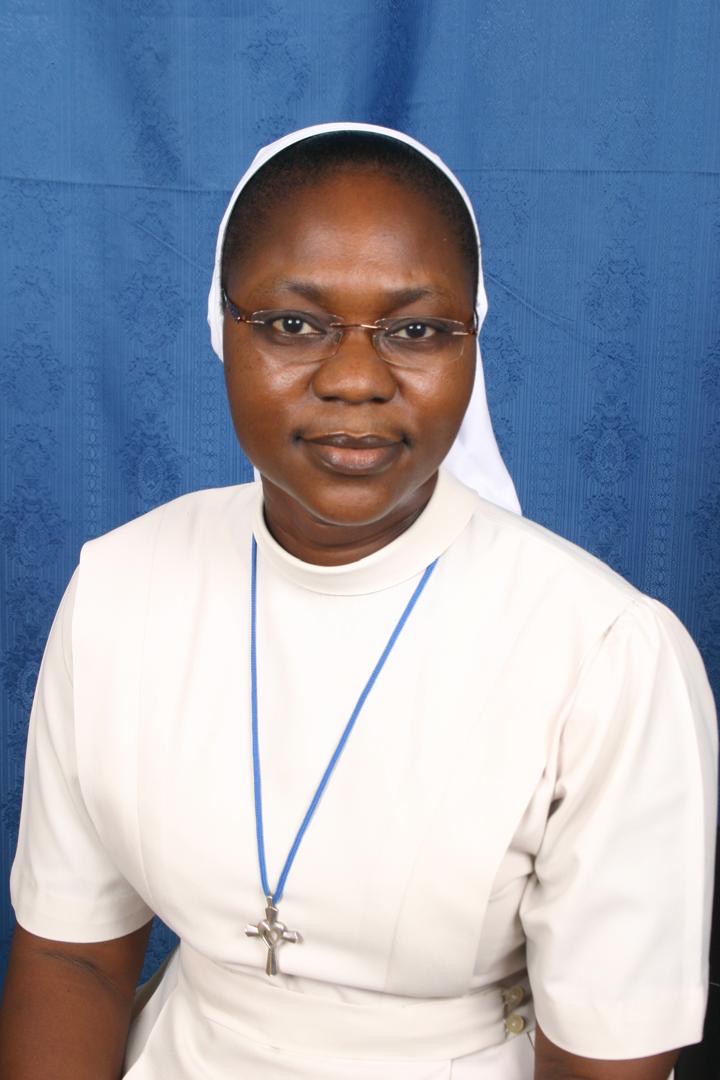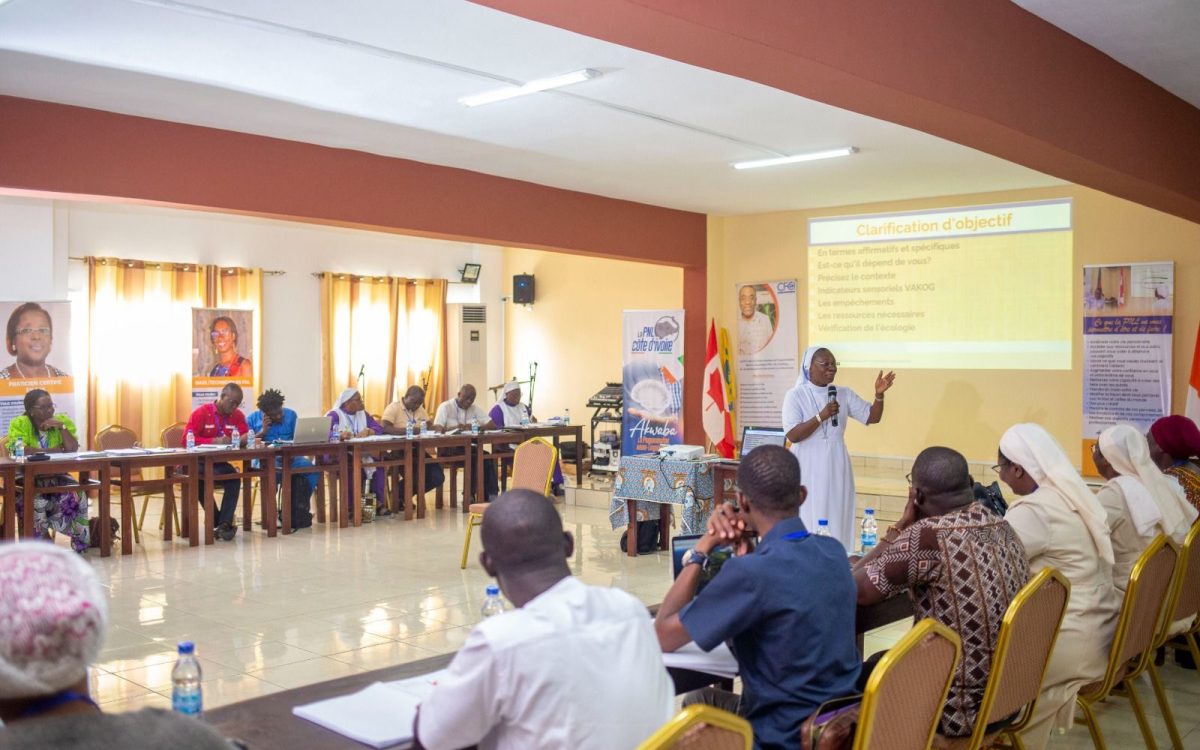In the complex world of Church governance, where do the lines between diocesan authority and religious independence blur? This question isn’t merely bureaucratic; it strikes at the very heart of the Church’s mission—evangelization and embodying Christ’s values. As Mutuae relationes highlights, “the mutual relationships among the various members of the People of God are drawing special attention today.” As the Church strives to revitalize its mission, redefining these relationships has become an urgent necessity.
A Gathering Under the African Palaver Tree
On Friday, August 2, 2024, hundreds of African Catholics, surrounded by several of their bishops, gathered for a crucial discussion. This was the ninth installment in a series of synodal conversations co-organized by the Pan-African Catholic Theology and Pastoral Network (Pactpan) and the Conference of Major Superiors of Africa and Madagascar (COSMAM). Known as “conversations under the palaver tree,” these sessions provide a unique forum where African Catholics come together for critical dialogue.
This latest discussion focused on a topic as delicate as it is essential: the relationship between diocesan bishops and religious orders in Africa. Among the key speakers was Sr. Marie Diouf, FSCM, Superior General of the Daughters of the Holy Heart of Mary and President of COSMAM. An expert in canon law, Sr. Diouf brought a nuanced perspective, emphasizing the complexity of this ongoing dialogue between diocesan and religious authorities.
Unspoken Tensions: Religious vs. Diocesan Authority
Sr. Diouf did not hesitate to address the sensitive issue of the implicit biases that continue to colour the relationships between religious orders and diocesan clergy. “The relationships between religious and diocesan clergy are still marked by implicit biases,” she stated, acknowledging that these tensions are deeply rooted in the very structure of the Church in Africa.
She also noted that despite years of coexistence, a subtle but persistent tension remains. Religious congregations often feel marginalized, with the impression that they are not fully integrated into diocesan life. Sr. Diouf illustrated this sentiment by saying, “Members of religious congregations often feel like they are on the margins, not fully accepted or integrated into the dioceses.”
On the other hand, dioceses sometimes view these congregations as a “state within a state,” an independent entity that doesn’t always align with diocesan priorities. “It is true that some dioceses see religious congregations as a ‘state within a state,’ which creates a barrier to truly harmonious collaboration,” she explained.
These underlying tensions are more than just a matter of perception—they reflect deeper issues of trust, collaboration, and mutual respect. Sr. Diouf’s remarks highlighted the need for renewed dialogue that acknowledges these challenges honestly and works towards a more harmonious coexistence.
A Call for Unity: The Way Forward
The conversation at this synodal gathering went beyond mere words—it was a genuine call to action. As the Church in Africa continues to navigate its role in a rapidly changing world, the need for unity between diocesan and religious authorities becomes increasingly pressing. This unity is not just about administrative efficiency; it’s about ensuring that the Church can effectively carry out its mission of evangelization.
On a continent where the Church plays a crucial role in society, these internal dynamics can have significant repercussions. By addressing these issues head-on, the Church in Africa has the opportunity to set a powerful example for the global Church—a model of collaboration that truly embodies the values of the Gospel.
 Sr. Diouf clearly articulated the stakes of this dialogue: “Unity between dioceses and religious congregations is not just desirable; it is essential to the Church’s mission in Africa. We must overcome these biases and work together for the common good.”
Sr. Diouf clearly articulated the stakes of this dialogue: “Unity between dioceses and religious congregations is not just desirable; it is essential to the Church’s mission in Africa. We must overcome these biases and work together for the common good.”
Join the Conversation
As these discussions continue to unfold, one thing is clear: the future of the Church in Africa depends on its leaders’ willingness to engage in open and honest dialogue. This conversation involves everyone, from bishops to laypeople, and it’s far from over.
Stay tuned as Pactpan and COSMAM continue to bring these critical issues to the forefront, challenging the Church in Africa—and beyond—to live out its mission with renewed vigour and unity.
-
Facebook
-
Twitter
-
Linkedin
-
Whatsapp






